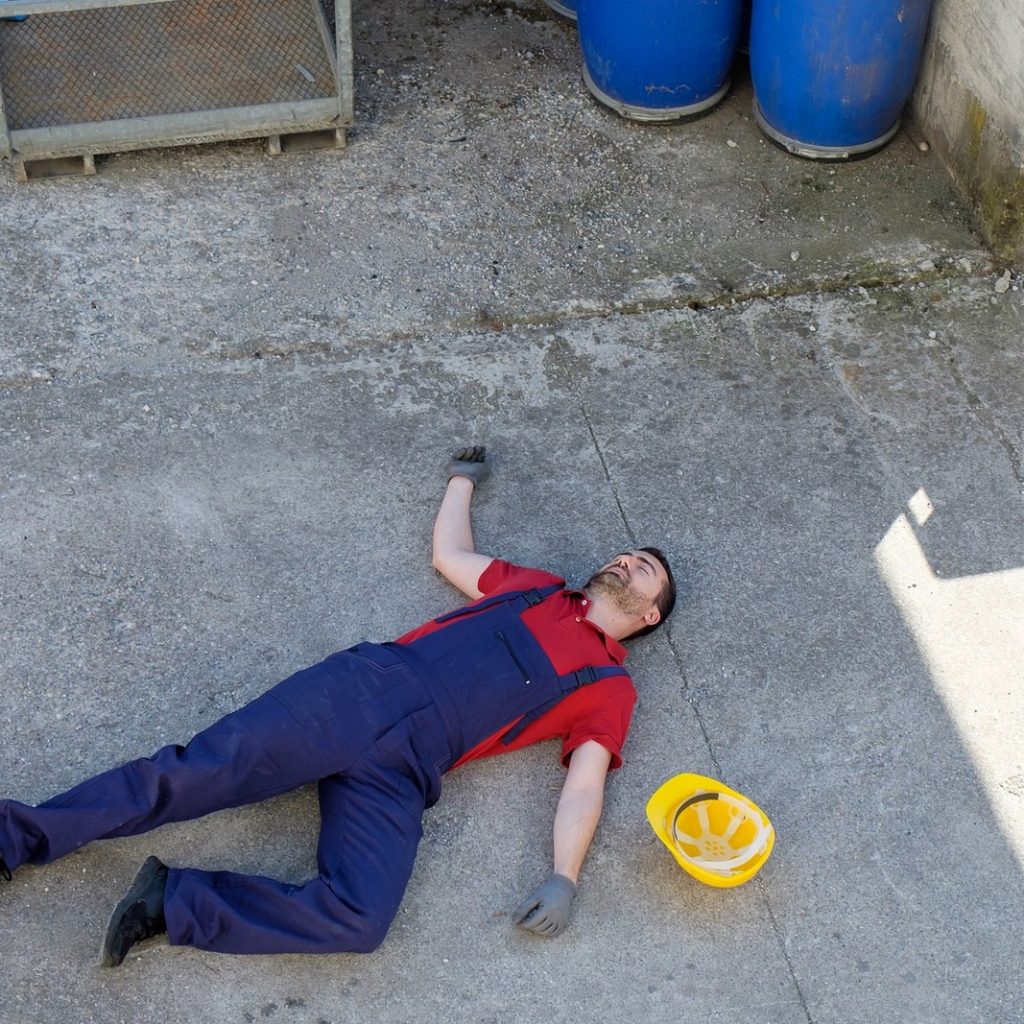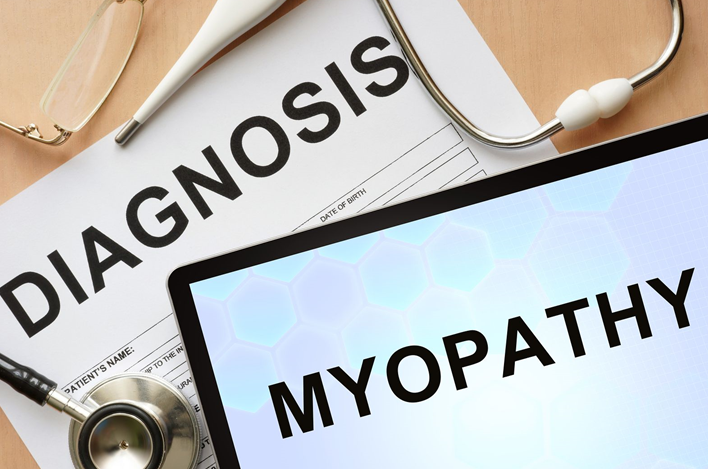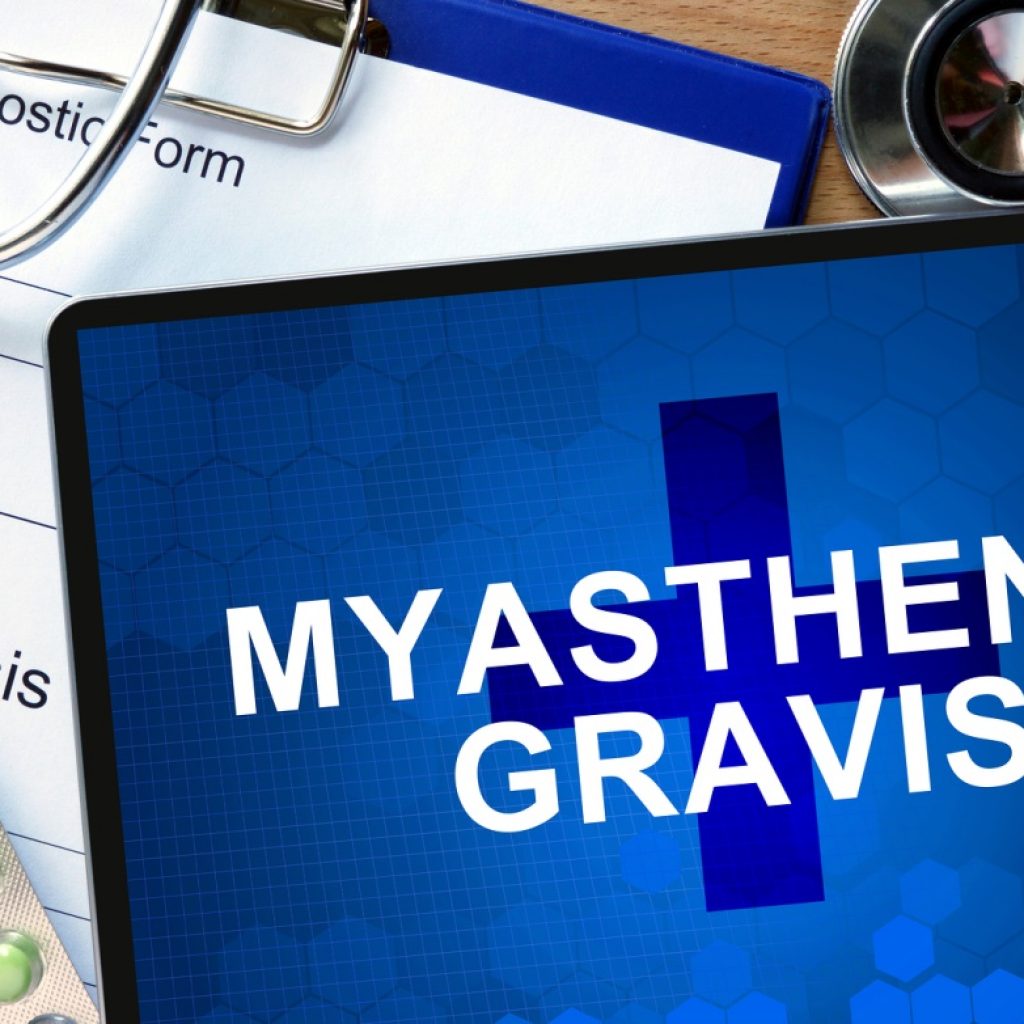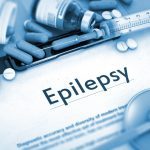3 Urgent Reasons to See Your Neurologist in Leesburg, VA After a Syncope Episode
Syncope is the medical term for unexplained fainting. While some causes are harmless, syncope may indicate serious underlying health issues. It is strongly recommended to see a doctor as soon as possible after any instance of fainting. Dr. Sarbjot Dulai, our resident neurologist in Leesburg, VA, can guide you toward getting the correct diagnosis and treatment following a syncope episode.
3 Urgent Reasons to See a Neurologist for Syncope
Syncope can affect everyone of any gender, from children to the elderly. It happens when the blood pressure drops, and the brain does not receive enough oxygen. This leads to a temporary loss of consciousness. It typically takes a few seconds or minutes to regain consciousness after fainting.
While recovery is quick, it is crucial to get checked immediately after experiencing syncope. Here is why you should not take any fainting event lightly:
-
It presents a significant fall risk.
When you faint, you lose all control of your limbs. This increases the risk of hitting objects when you fall to the ground, which may cause wounds and head injuries. It is important to learn the warning signs of fainting so that you can apply precautions before an imminent episode. Dulles neurology specialists describe pre-syncope sensations as follows:
• Sudden changes in heart rate, such as palpitations
• Excessively sweaty and clammy palms
• Black spots in your vision
• Tunnel vision or blurriness
• Light-headedness
• Nausea
• Pale skin
Once you have regained consciousness, call your neurologist as soon as possible to get checked.
-
It is easily misdiagnosed.
Since fainting can be an indicator of so many conditions, there is a high rate of misdiagnosis. For instance, symptoms of vasovagal syncope such as jerky, abnormal movements, dilated pupils, and a slow pulse are often mistaken for epilepsy. You need a neurologist in Leesburg, VA who is familiar with syncope to achieve a correct diagnosis, especially in the case of a cardiac or neurological link.
-
Some causes of syncope can be life-threatening.
While some reasons for syncope are not serious, such as exhaustion, stress, dehydration, and standing up too quickly, others are not. Syncope can reveal a risk for some neurological disorders. It may also signify certain cardiac conditions, such as abnormal heart rhythms.
If you experience fainting, it is crucial to find out why. As your neurologist in Leesburg, Dr. Dulai will perform a detailed physical exam and require diagnostic tests to gather information. He will also request a comprehensive medical and family history, all of which will help him arrive at the correct diagnosis.
Syncope: Treatment and Next Steps
Syncope treatment depends primarily on its cause. This can range from simple lifestyle changes such as remaining hydrated to more complicated interventions such as medication and insertion of a pacemaker.
The key is to address your fainting spells as soon as you can to prevent further complications and injuries. Dr. Sarbjot Dulai is ready to answer all your questions and help you understand, manage, and get treatment for your syncope episodes. Call Neurology Associates at (703) 726-6393 for an appointment today.














